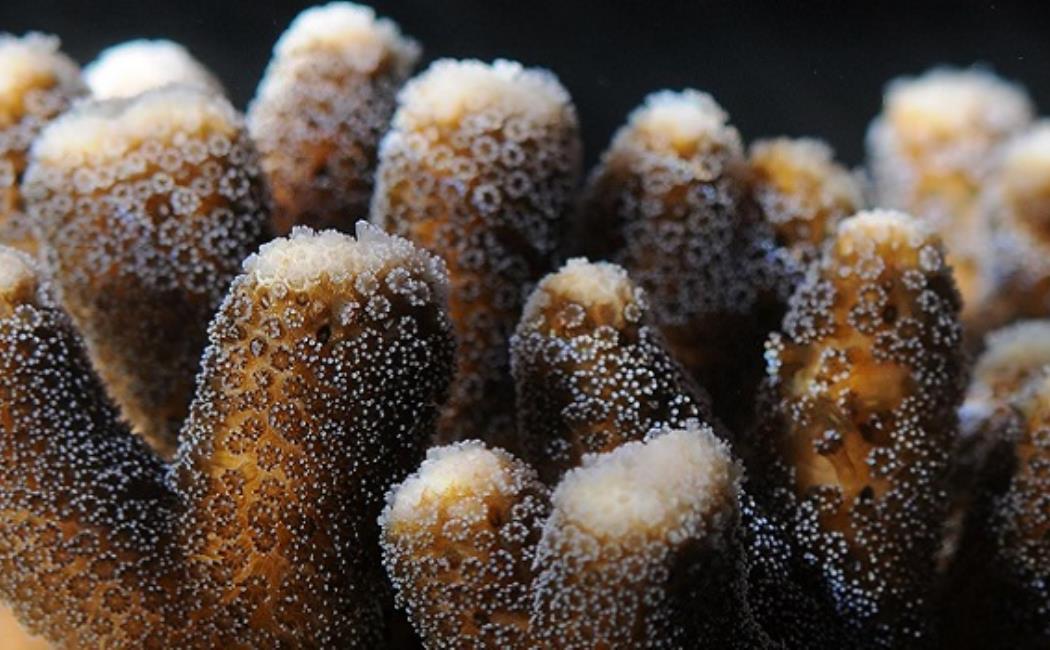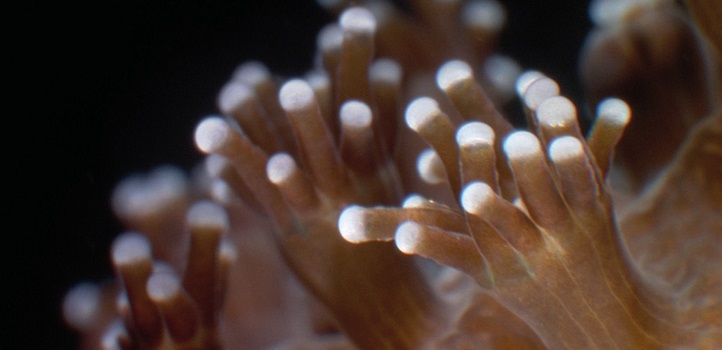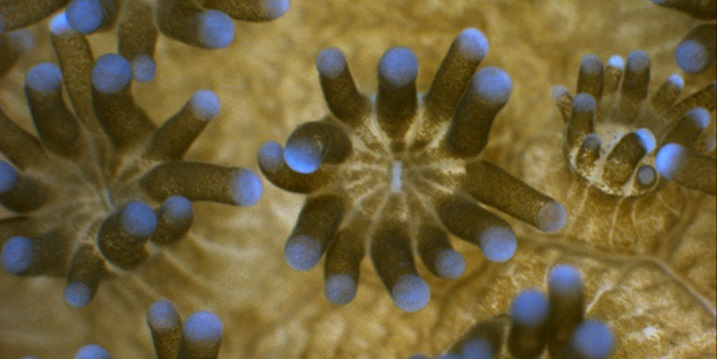


10 June, 2018

A process that changes the regulation of genes could help corals acclimatize to the impacts of global warming.
Cells commonly control gene expression by adding a methyl group to part of the DNA, changing how the information on the DNA is read without changing its genetic code. Researchers at KAUST wanted to investigate whether DNA methylation could play a role in helping corals adapt to climate change.
They placed colonies of the smooth cauliflower coral, Stylophora pistillata, in seawater aquariums with varying acidity levels for two years. Ocean acidification is a consequence of climate change and hinders the ability of corals to produce the
calcium carbonate skeleton they need to maintain their structures. The researchers hypothesized that DNA methylation might allow corals to mitigate these effects by changing the way they grow.
 After two years, the team sequenced the genomes of the corals and determined changes in methylation patterns.
After two years, the team sequenced the genomes of the corals and determined changes in methylation patterns.
“We noticed that corals grown under more acidic conditions had higher levels of DNA methylation,” says geneticist
Yi Jin Liew. “Genes with increased methylation were related to cell growth and stress response, but not to calcification as we initially proposed,” he says.
In line with this finding, the team discovered that cell and polyp sizes in the corals also increased with rising acidity. “The coral polyps sit in little cavities called calyxes in which they can retreat for protection,” explains molecular
biologist
Manuel Aranda. Larger polyps have larger calyxes. “If the calyx is bigger, the coral needs to produce less skeleton to grow at the same pace. I call this the ‘Swiss cheese hypothesis,’ where the coral
makes bigger holes so it needs to make less cheese, which allows it to grow at the same speed even though skeletal production is impaired.” This trait would be advantageous in an environment where competition for space and light is an important
selective pressure.
The findings indicate that DNA methylation can be used as a marker of coral stress. This epigenetic mechanism might  also be harnessed to grow corals under future ocean conditions to prime them for increased temperatures before placing them on
reefs, says Aranda. This process is known as environmental hardening.
also be harnessed to grow corals under future ocean conditions to prime them for increased temperatures before placing them on
reefs, says Aranda. This process is known as environmental hardening.
“We hope our contribution will change the current perception among reef biologists that epigenetics do not contribute much to coral resilience,” says Liew.
The team next plans to investigate whether these epigenetic changes can be passed down to future generations. “The idea is fairly revolutionary,” says Liew.